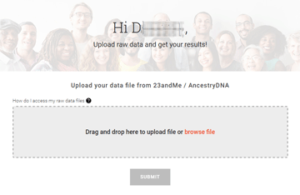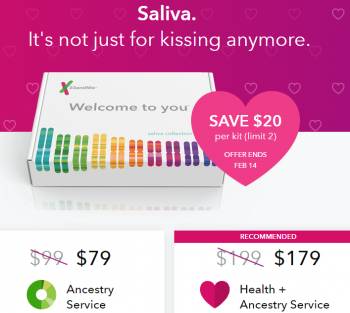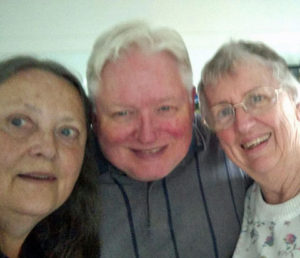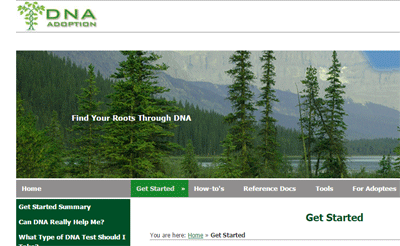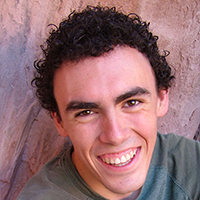 I really enjoyed the presentation Paul Woodbury of Legacy Tree Genealogists did about Endogamy last year at the SCGS Jamboree so I am delighted to present this guest post from him on that topic.
I really enjoyed the presentation Paul Woodbury of Legacy Tree Genealogists did about Endogamy last year at the SCGS Jamboree so I am delighted to present this guest post from him on that topic.
Personally I struggle with the endogamy in my mother’s family tree. My jewish grandad was an only child so there are not that many close cousins on his side. However due to endogamy my maternal aunts have hundreds of 2nd-3rd/4th cousin matches. No wonder I spend more time working with the easier Norwegian DNA from my Dad!
Endogamy and DNA By Paul Woodbury
Autosomal DNA testing is a valuable resource for genealogists seeking to overcome recent brick walls in their family history, particularly in instances where traditional historical research is limited or unavailing. At Legacy Tree Genealogists, we frequently use autosomal DNA test results to answer questions regarding adoption, unknown paternity, or ancestors who are difficult to trace. However, there are some factors that can complicate the use of autosomal DNA in tracing ancestors. One of those factors, which is what we will be discussing in the article, is Endogamy.
Endogamy is the custom of marrying only within the limits of a local community, clan, or tribe over the course of many generations. The reasons for this genetic isolation could be cultural or religious (as with Ashkenazi Jews and Low-German Mennonites) or geographic (as with island and tribal populations). Members of endogamous populations may descend from a limited pool of “founder” ancestors who represented the initial genetic makeup of their population. After many generations and hundreds of years of isolation from outside pedigrees, genetic profiles of population members can easily be distinguished from the DNA of outside populations. However, this can also cause pedigree collapse.
